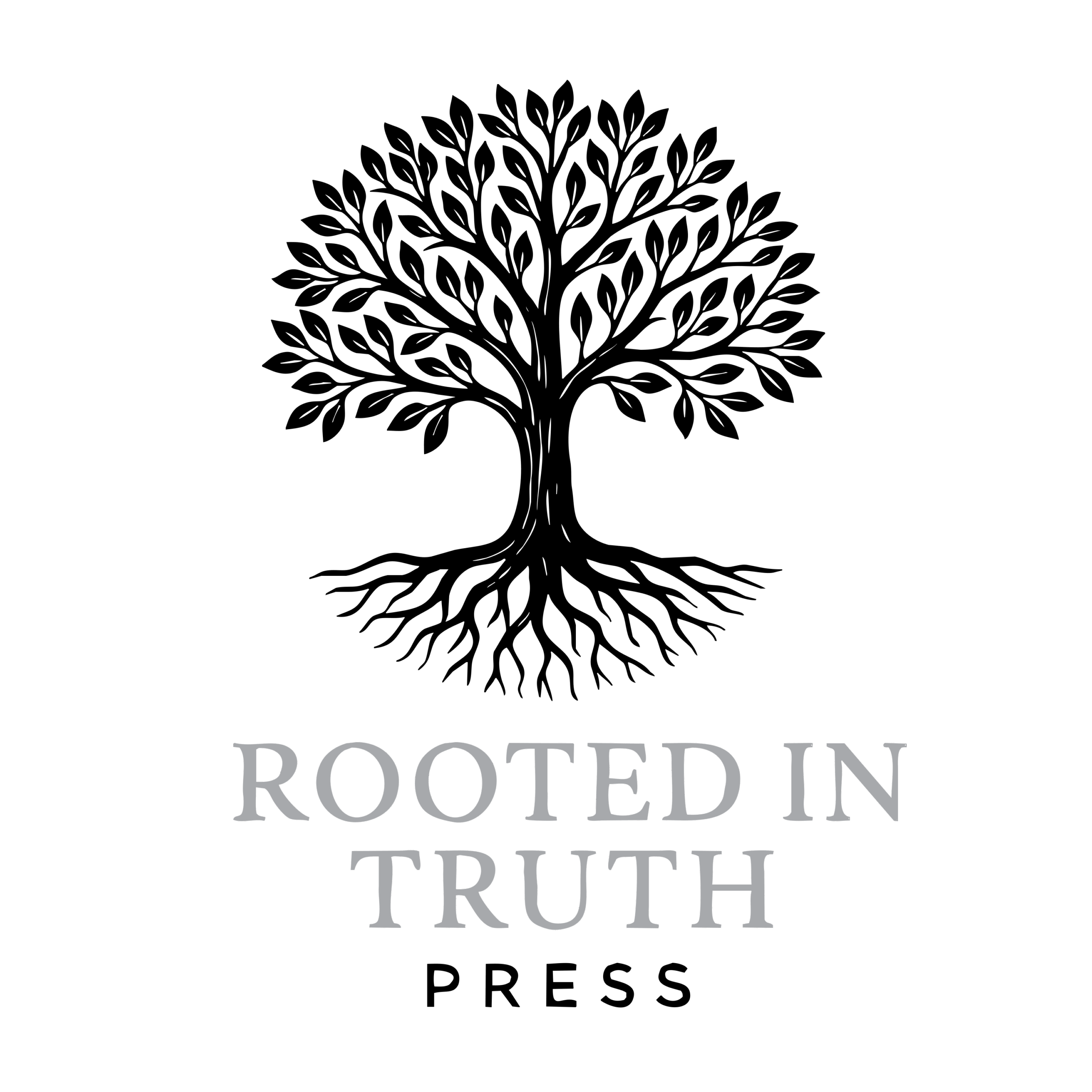When Mercy Feels Unfair
“But to Jonah this seemed very wrong, and he became angry.”
— Jonah 4:1 (NIV)
Read Jonah 4:1-11 on Bible.com
From the War Room
I sat in church today reflecting on how this strange little book ends — not with triumph, not with clarity, not with a bow tied around a neat ending, but with a bitter prophet, a wilting plant, and a question that still hangs in the air.
This final chapter isn’t about the fish, the storm, or even the repentance of Nineveh anymore. It’s about Jonah’s heart. And if we’re honest, it’s about ours too.
As Pastor Reed so wisely pointed out in services today; Jonah’s complaint wasn’t shallow — he wasn’t just disappointed. The Hebrew phrase translated as “very wrong” is more accurately “evil.” Jonah saw God’s mercy toward Nineveh not just as wrong… but as evil. Let that settle. Mercy — the very nature of God — offended him.
The Drama King
1 But to Jonah this seemed very wrong, and he became angry. 2. He prayed to the Lord, “Isn’t this what I said, Lord, when I was still at home? That is what I tried to forestall by fleeing to Tarshish. I knew that you are a gracious and compassionate God, slow to anger and abounding in love, a God who relents from sending calamity. -Jonah 4:1–2
Jonah wasn’t just frustrated—he was furious. And not because Nineveh was evil, but because they were forgiven. That’s what “seemed very wrong” to him.
The Hebrew word used here (ra‘ah) is powerful. It doesn’t just mean “wrong” in the casual sense—it can mean “evil,” “disastrous,” or even “morally offensive.” In Jonah’s eyes, God’s mercy itself felt like a moral failure.
“I knew this would happen.”
Jonah didn’t flee to Tarshish because he feared failure—he feared success. He knew God’s character. He recites, almost accusingly, one of the most repeated and beloved descriptions of God in all of Scripture:
“Gracious and compassionate, slow to anger, abounding in love…”
This is Exodus 34:6. This is Psalm 86:15 This is the covenantal heartbeat of the Old Testament. Jonah knew God’s heart—and that’s exactly why he ran.
He didn’t want them to receive what he had freely been given. Mercy. Love. A second chance. Jonah would rather have seen fire rain down than mercy pour out.
But here’s what we must not miss:
Even in his anger, Jonah prayed. Even in bitterness, he took it to the Lord.
That tells us something important: God can handle your honesty. He invites your wrestling. And even when your heart isn’t in the right place—He listens.
This chapter starts with a man outraged by grace. But God is not done shaping Jonah. And perhaps, He’s not done shaping us either.
Running East – A Direction of Distance
“Jonah had gone out and sat down at a place east of the city.” — Jonah 4:5
The moment Jonah saw that God relented, he left — again. This time, he didn’t head west toward Tarshish, but east of the city, still running… but now in heart and spirit.
Pastor Reed reminded us that going east in the Bible is often symbolic of moving away from God’s presence and purposes:
- Adam and Eve were driven east of Eden.
- Cain moved east after killing Abel.
- Lot chose the eastern plains of Sodom.
Jonah sits in the same spiritual geography. Not just physically east of Nineveh, but emotionally east of mercy. He built himself a little shelter — a temporary house made with his own hands — to watch the city he hoped would burn.
He wasn’t praying for revival. He was waiting for wrath.
The Plant, the Worm, and the Heart of God
God responds with the most curious object lesson: a plant, a worm, and a scorching wind.
“Then the Lord God provided a leafy plant… to give shade for his head to ease his discomfort.” — Jonah 4:6
“But at dawn the next day God provided a worm…” — Jonah 4:7
Three provisions. All from God.
- A plant to offer comfort.
- A worm to take it away.
- A wind to turn up the heat.
Jonah was thrilled by the comfort of the plant. But when it was gone — a thing he didn’t plant, water, or tend — he grew angry and wanted to die. Again.
God’s closing question pierces through:
“Should I not have concern for the great city of Nineveh, in which there are more than a hundred and twenty thousand people…?” — Jonah 4:11
It’s as if God is saying:
“You grieve a plant you didn’t grow. I grieve a people I did.”
What This Reveals About God
“You are a gracious and compassionate God, slow to anger and abounding in love…” — Jonah 4:2
That’s not just Jonah talking. That’s Exodus 34:6, repeated all throughout Scripture — Old and New.
God’s character has never changed.
He was merciful in Nineveh.
He was merciful in Bethlehem.
And He’s merciful now.
Jonah’s story ends unresolved — no repentance, no joyful praise, no transformation.
But the question God leaves Jonah with is the same question He leaves with us:
- Can you accept that I love who you find unlovable?
- Can you rejoice in mercy even when it costs you pride or comfort?
Jonah’s Double Standard
Jonah’s anger reveals a deep double standard. When God extended grace to him, Jonah rejoiced in salvation (Jonah 2).
But when that same mercy was offered to Nineveh, it was “a great evil” in his eyes (Jonah 4:1).
He loved God’s compassion—so long as it served his own people. But the moment it reached his enemies, he called it injustice.
Jonah wanted God’s mercy for himself, but God’s judgment for others. In doing so, he distorted the very nature of God’s love, limiting it to those he believed deserved it.
But divine grace doesn’t work like that. It pours out for all who turn, regardless of who we think is worthy.
Reflection Questions
- Who is your “Nineveh”? Is there someone you struggle to believe deserves grace?
- Where have you “gone east” in your walk — stepped away from God’s heart, even subtly?
- What “plants” (comforts or entitlements) are you clinging to that might be distracting you from God’s bigger plan?
- Where in my life am I quick to receive God’s mercy—but slow to extend that same mercy to others?
Closing Prayer
Lord, Your ways are not our ways. You are gracious and compassionate, slow to anger and abounding in steadfast love — and sometimes that love challenges us deeply. Thank You for second chances. Thank You for not giving up on us when we sit bitter and broken in our own shade. Turn our hearts from resentment to rejoicing, from entitlement to gratitude. May we see Nineveh with Your eyes — and run toward what You love, not away. In Jesus’ name, amen.
Word Study
“This Seemed Very Wrong” – רַע (raʿ)
Scripture Reference: Jonah 4:1
“But to Jonah this seemed very wrong, and he became angry.” (NIV)
Literally: “It was evil to Jonah—a great evil—and he burned with anger.”
Original Language
- Hebrew Word: רַע (raʿ)
- Strong’s Concordance: H7451
- Pronunciation: rah
Lexical Range
- Meaning: evil, wickedness, calamity, distress, misery, adversity, hurt, displeasure
The word raʿ is one of the most commonly used words in the Hebrew Bible to describe moral evil or disaster. It appears over 600 times. In this case, it’s intensified by the adjective gadol (great), forming the phrase: raʿah gedolah—“a great evil.”
Theological Insight
This is shocking: Jonah is saying that God’s compassion felt like evil to him.
The very same prophet who cried out to God from the depths of the fish in Chapter 2—who praised God for salvation—now accuses that same mercy of being morally offensive when extended to others.
Here’s the divine irony:
- In Chapter 1, Nineveh’s evil (raʿ) rises up before God.
- In Chapter 4, God’s mercy is seen as evil (raʿ) by Jonah.
Jonah has flipped the moral compass. It reveals just how hard it can be for us—even the “righteous”—to see the world through God’s lens of mercy instead of our own need for justice or revenge.


Leave a Reply